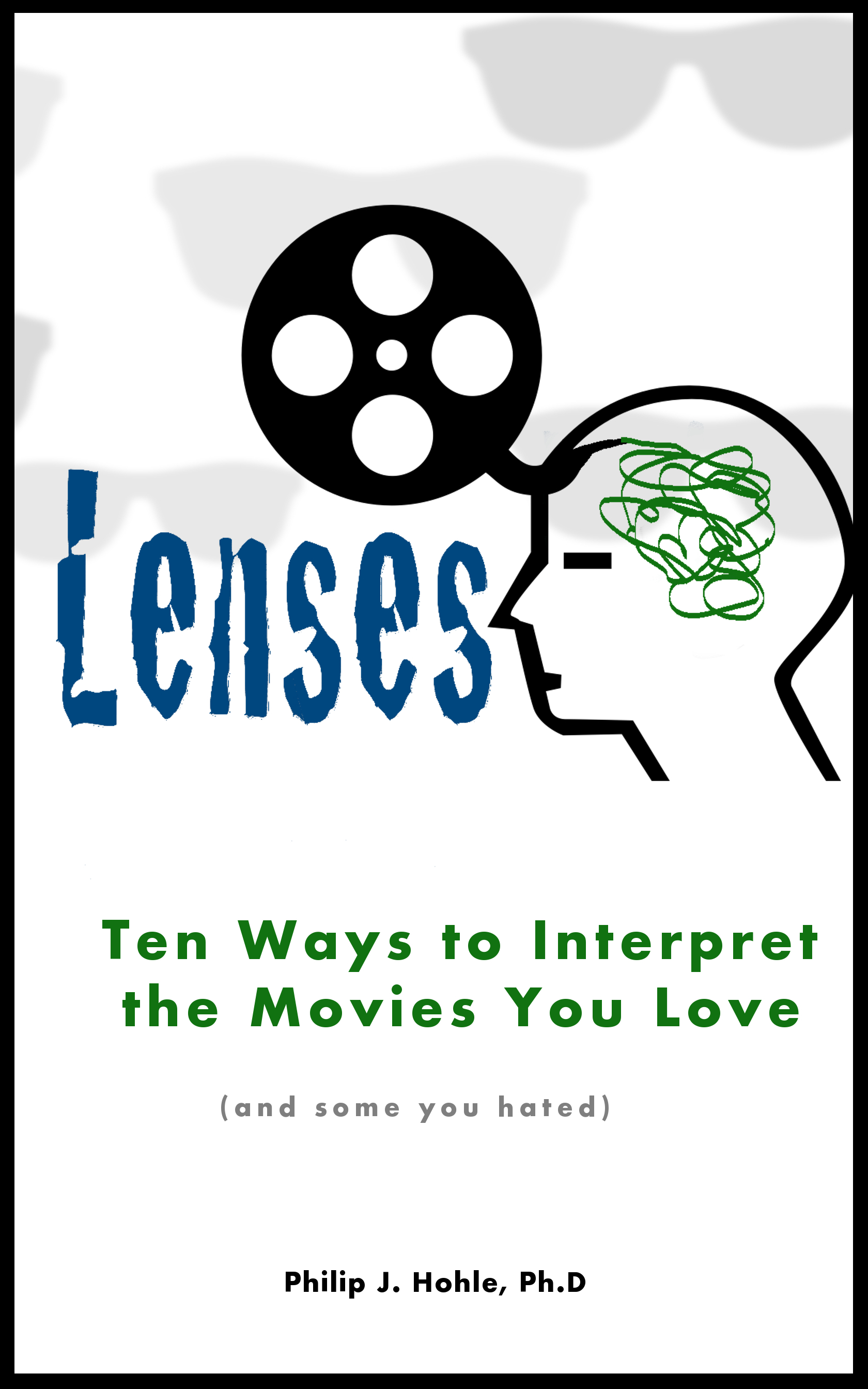
Excerpt from the Introduction
© Philip J. Hohle
…This remarkable influence is why it is so vital that viewers learn to read film. It is not so we can all have the same interpretation. I think of the old school literature professor who refuses to recognize any alternative interpretation of a classic poem. Recall the first literature class John Keating has with his students in Dead Poet’s Society4. Keating has his students rip out pages in the textbook that proposed the goodness and truth of a poem could be measured scientifically—leading to a singular, objective interpretation.
Conversely, the lessons in this book serve more like a guide to make us more sensitive—more aware of both the effect proposed by the filmmaker (e.g., the film craft as a noun) as well as the affect film has on us (as in a verb). In becoming literate, we become aware of the power we give film. But do not worry that your nuanced sensitivity will spoil your enjoyment—not like how a backstage tour of Disneyland diminishes the magic. Instead, I argue our literacy makes film even more powerful. We become more aware of the subtleties most viewers miss. Knowing more about the craft makes one appreciate it so much more when the film is indeed well made.
Becoming fluent means you can help others toward a higher appreciation of such well-made movies. Fluency for me means one can interpret film for the benefit of others—to heighten their own literacy. This increased competency can mean you will more fully love the good movies you love. Likewise, you will help open other’s eyes to seeing disruptive films for what they really are. To our friends, parents, children, and the stranger in line at the film festival— we are critics. And the more fluent we are, the more we provide useful lenses for others to use.
Lenses are what this book is finally all about—ten sets of glasses one can try on in order to make sense of a film. Metaphorically, this book is an exercise in showing the changes of hue and texture each lens affords. Thus, selecting an appropriate lens becomes critical to a fulfilling and helpful critique of a film. Not only will each lens reveal a different story in the same movie, each person also employs personal filters that may blur or sharpen what the filmmaker intended. Being aware of one’s filters can reveal something about us as they simultaneously serve to help illuminate the film…
4. Dead Poet’s Society, directed by Peter Weir (1989; Touchstone Home Entertainment, 2012), BluRay.
Find this book on AMAZON in both paperback and eReader editions.
